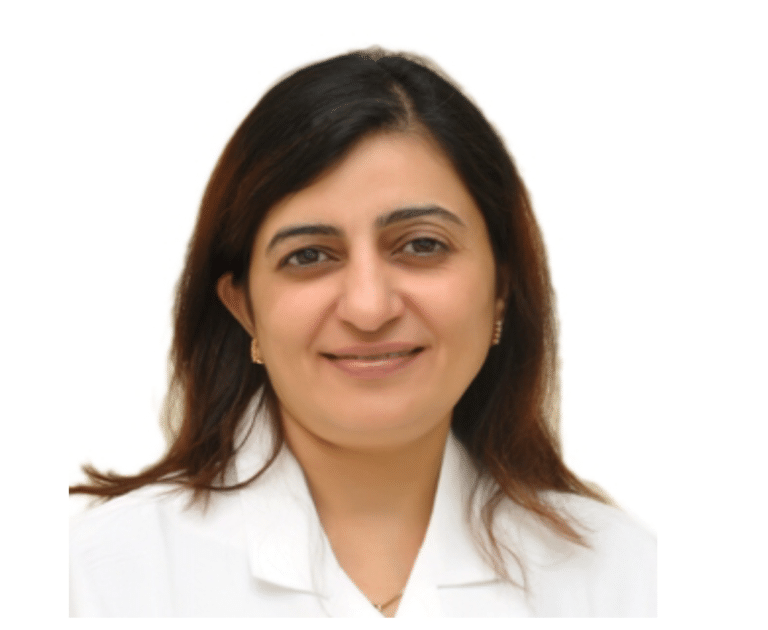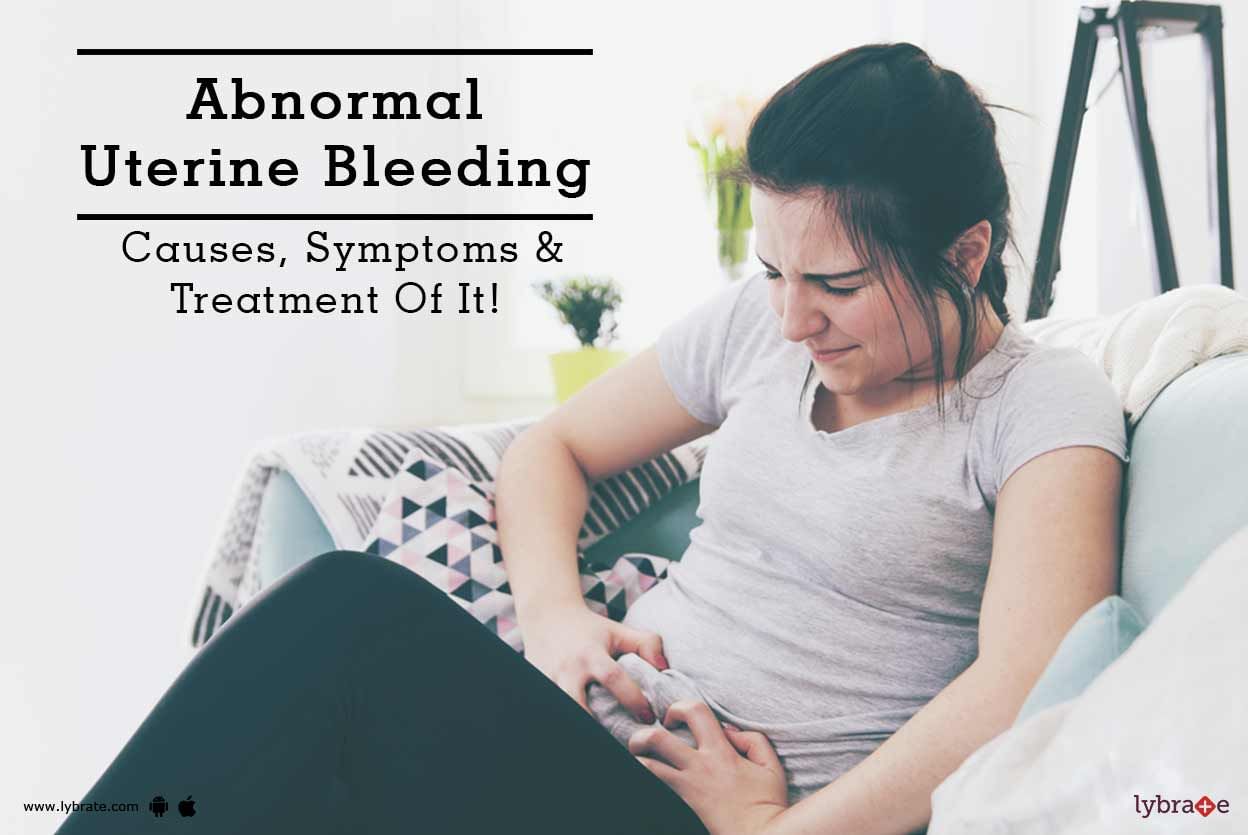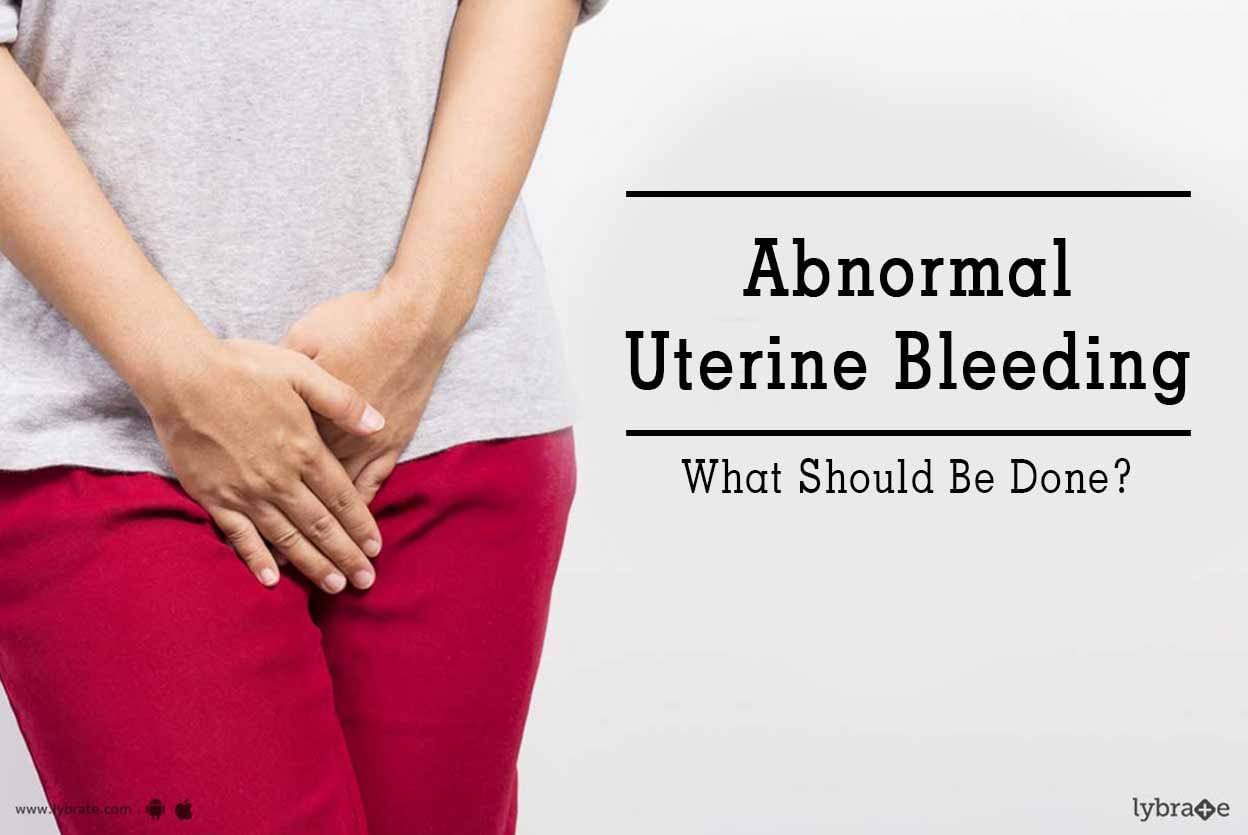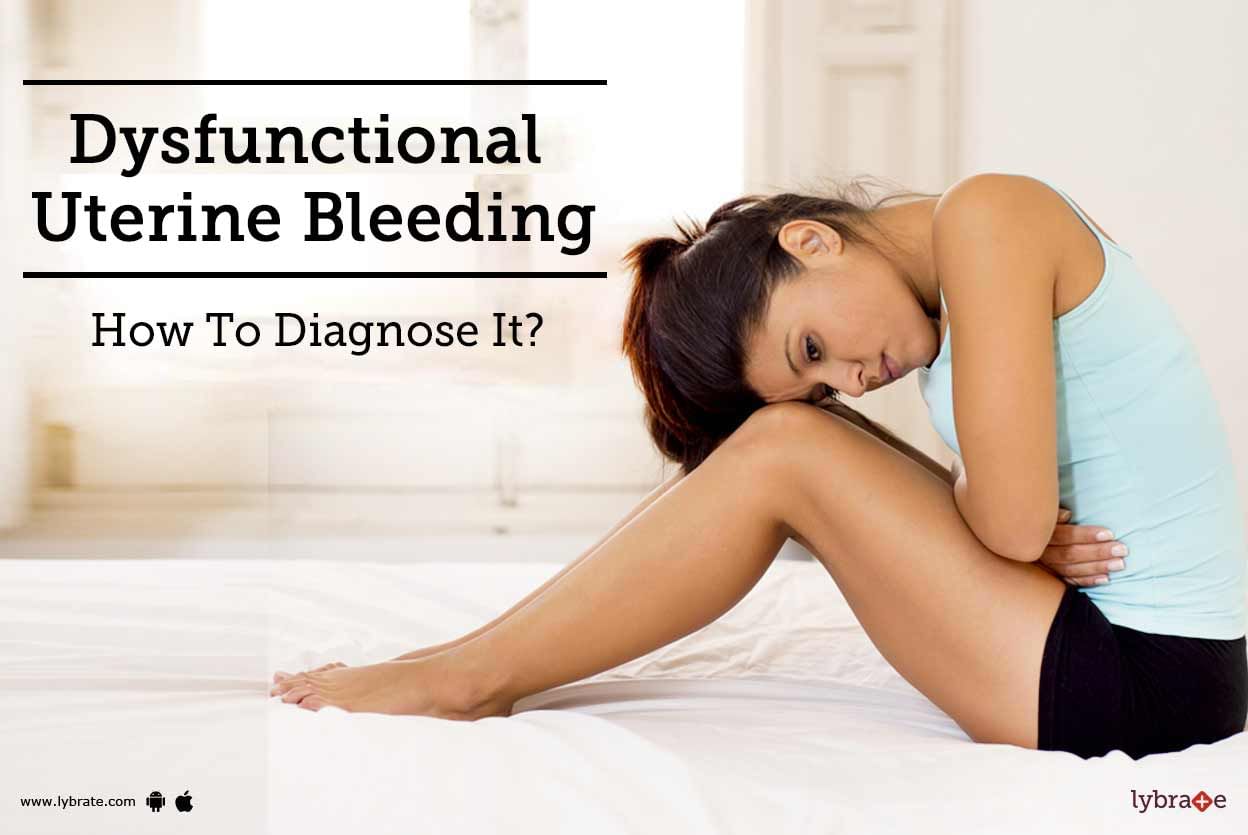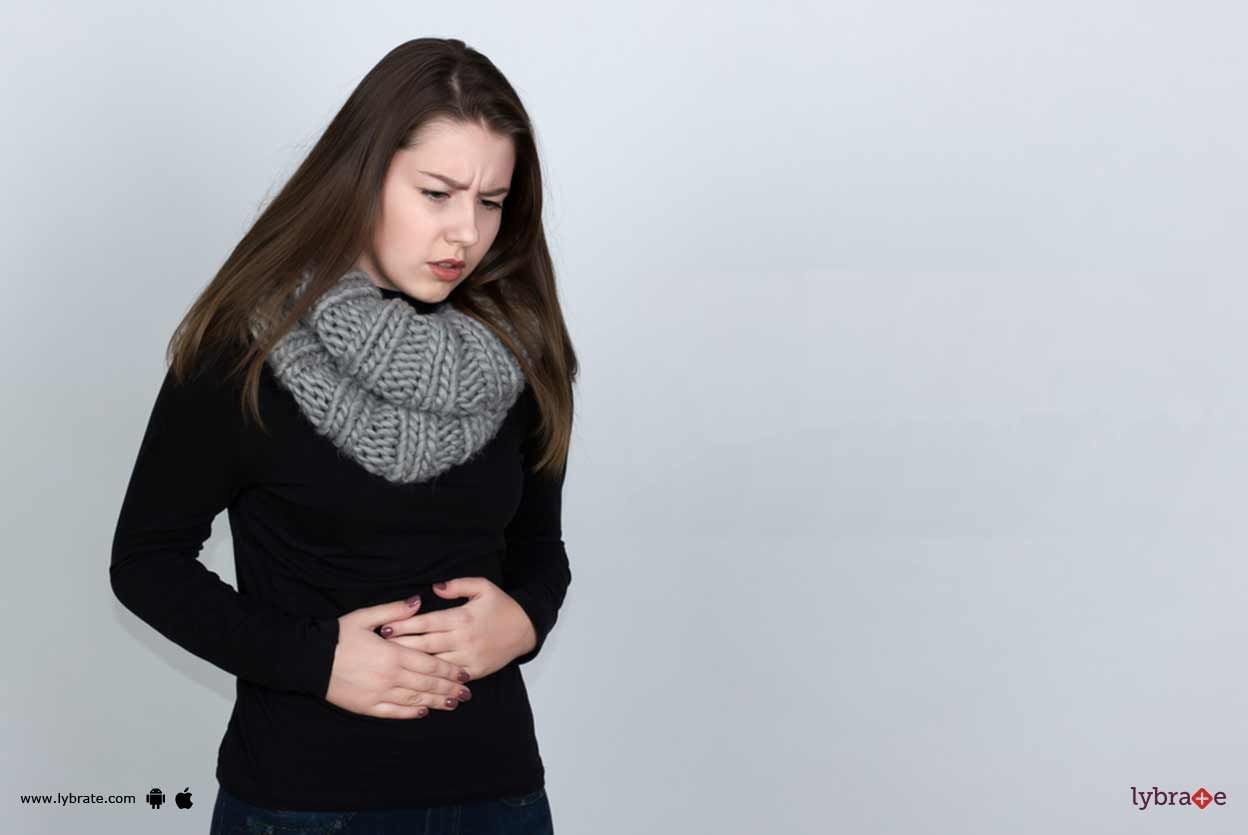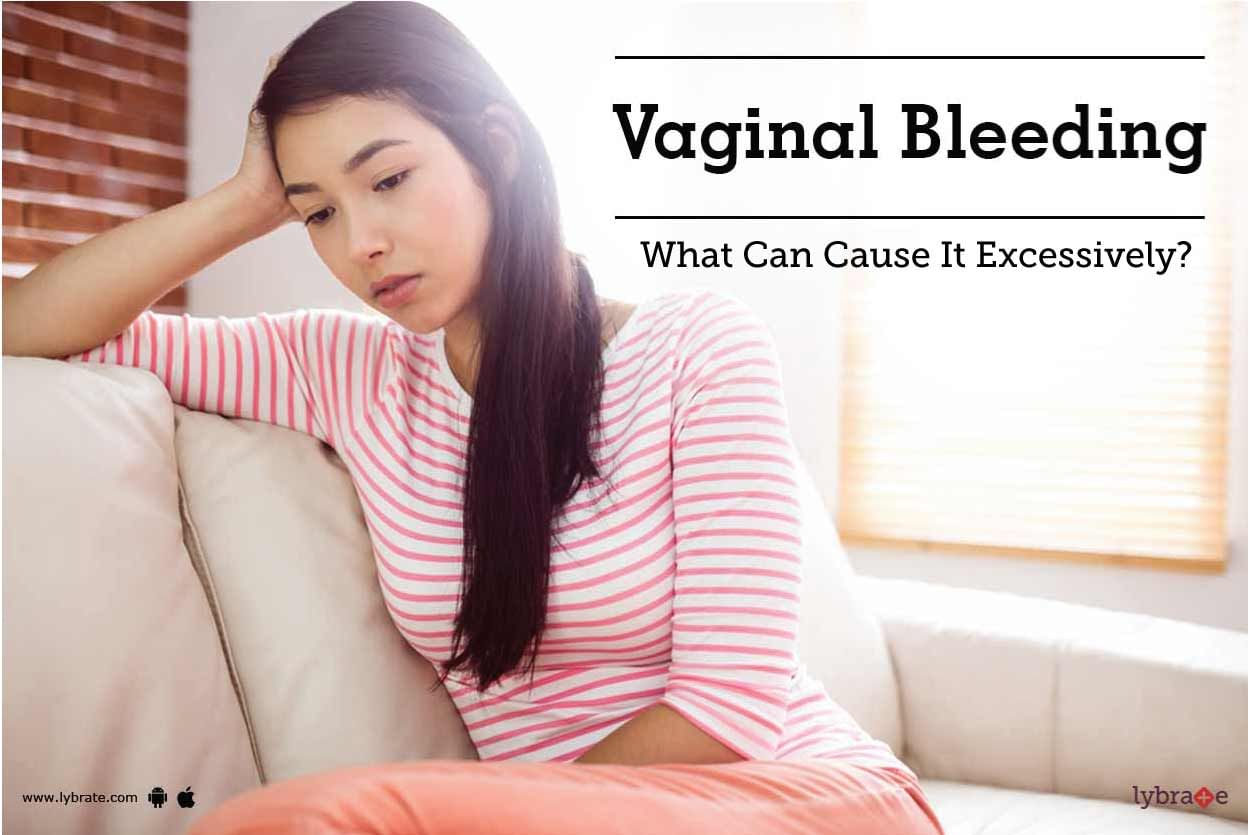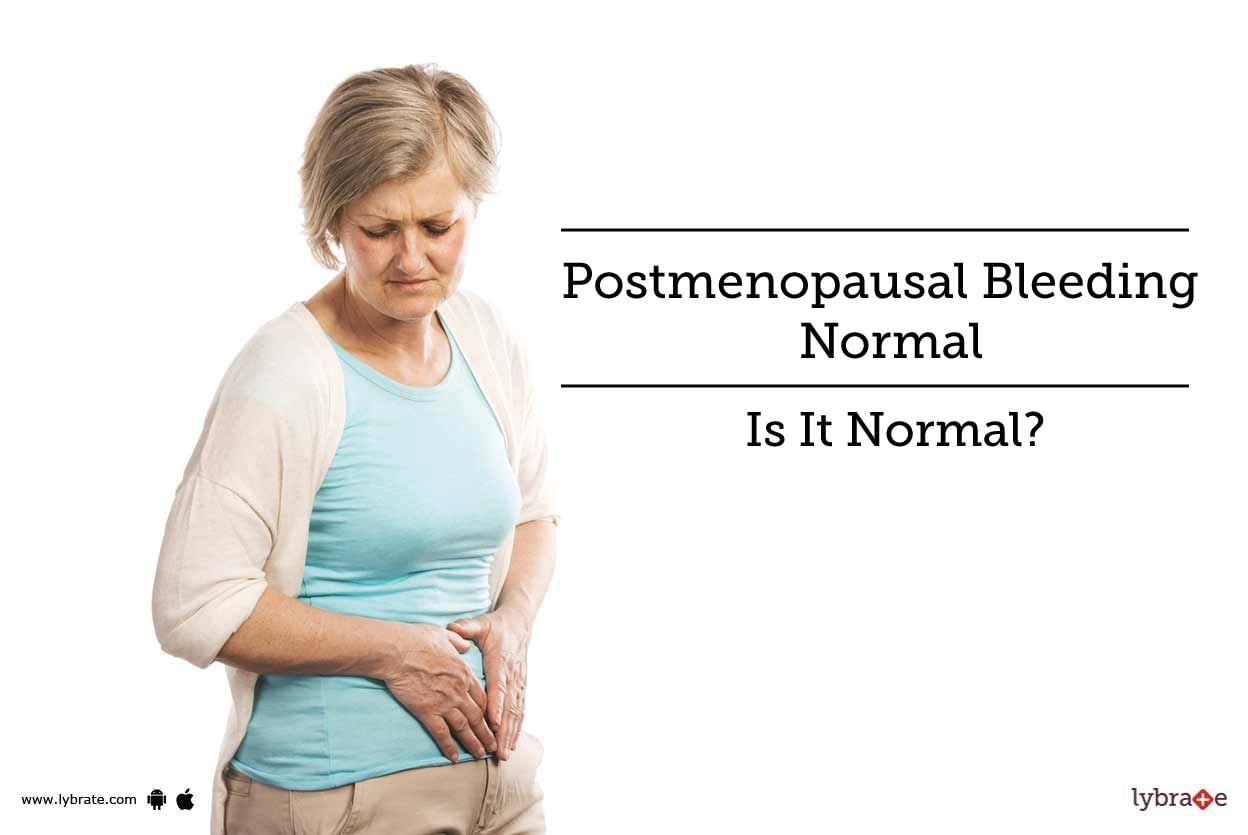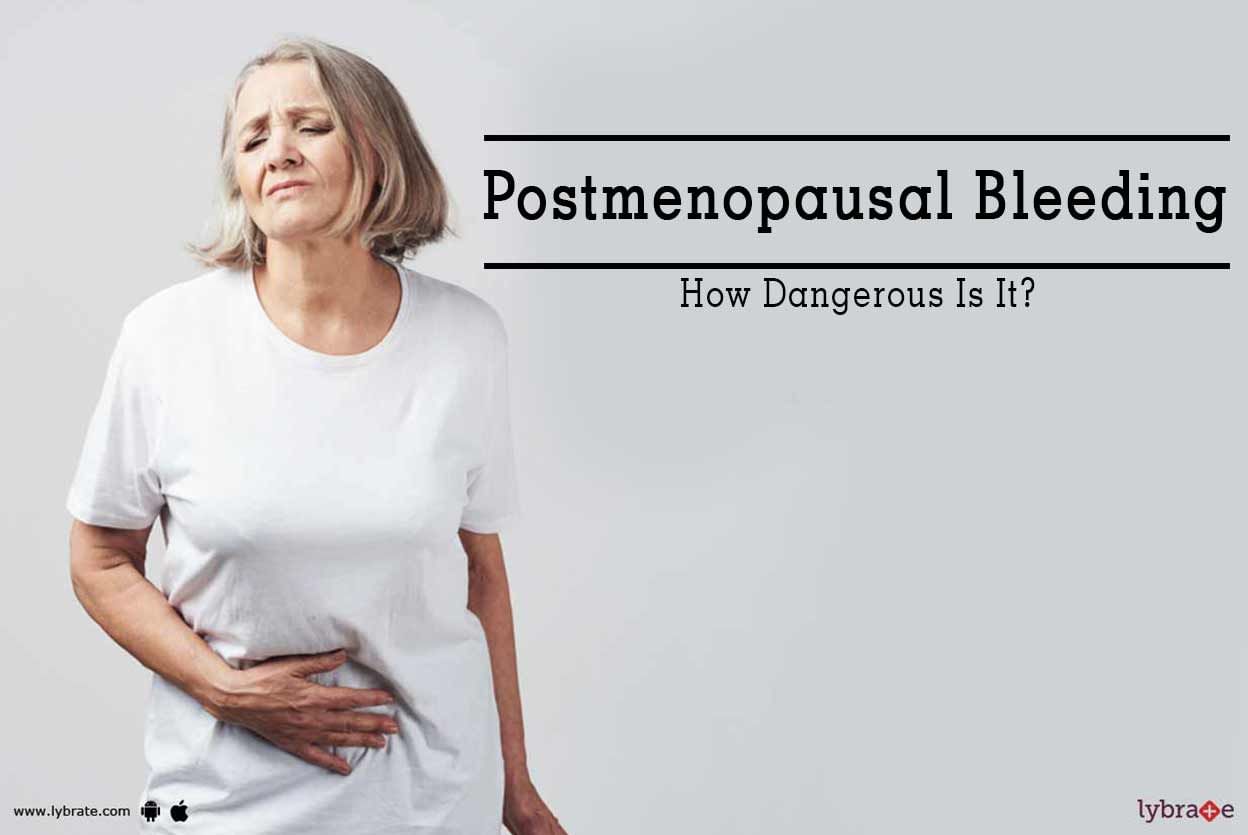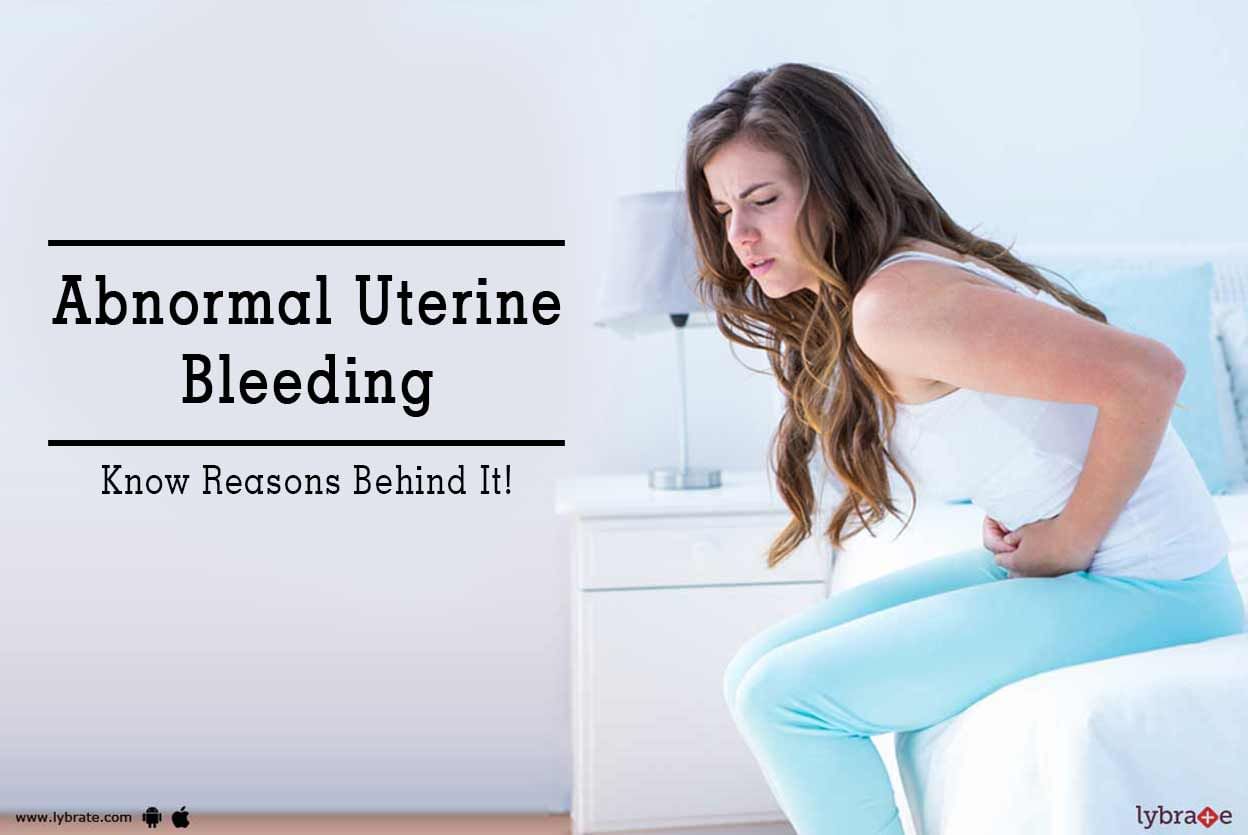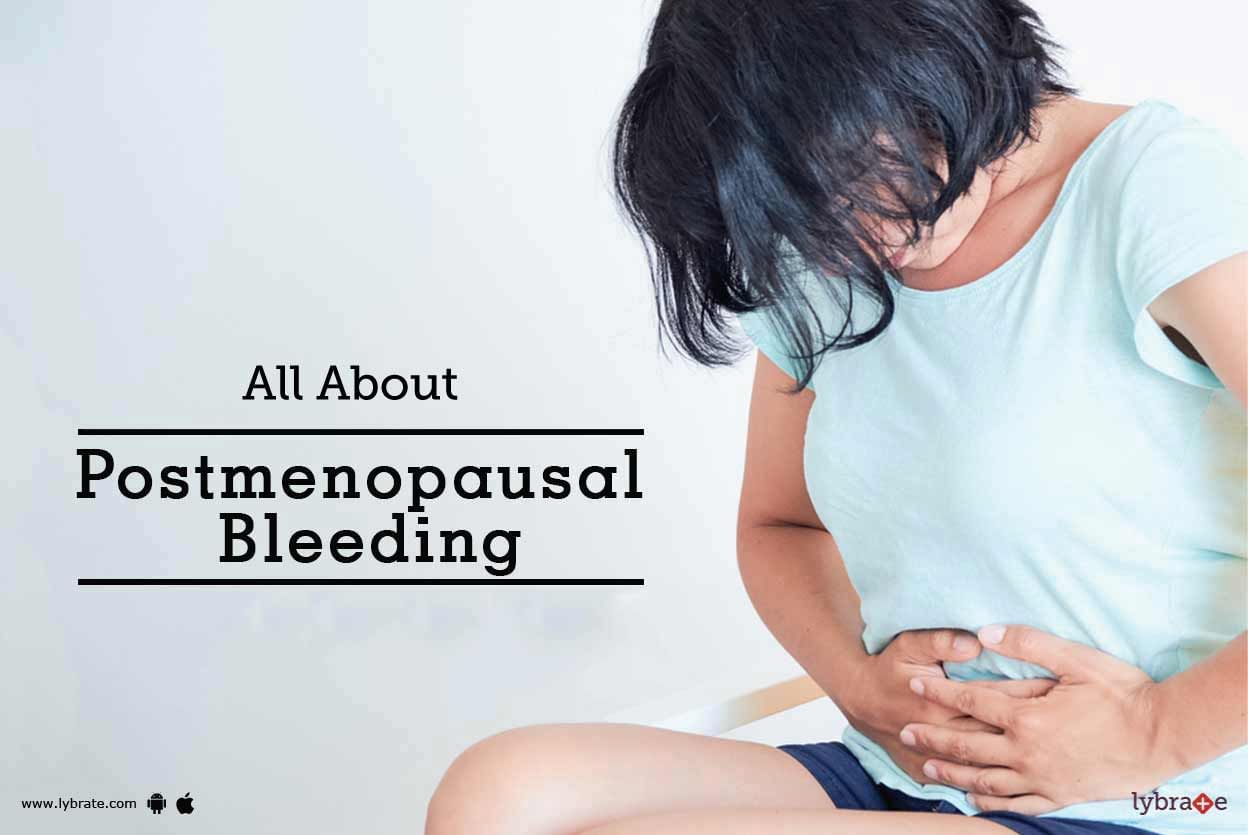Get the App
For Doctors
Login/Sign-up
About
Health Feed
Find Doctors
Health Packages
AllQ&AsTipsQuizzes
Uterine Bleeding Tips
Last Updated: 5 years ago• Featured Tip
Share
Bookmark
Report
Abnormal uterine bleeding, formerly known as dysfunctional uterine bleeding, is vaginal bleeding that cannot be related to pelvic injuries, miscarriage, pregnancyor menstrual cycle.
Symptoms:
The cycle changes and the bleeding become heavier.
Bleeding lasts for 7 days or more.
A tender or dry vagina.
Abnormal mood swings.
Hot flashes.
Nausea.
Excessive body hair, especially on the back, chest and face.
Causes:
<...more
Symptoms:
The cycle changes and the bleeding become heavier.
Bleeding lasts for 7 days or more.
A tender or dry vagina.
Abnormal mood swings.
Hot flashes.
Nausea.
Excessive body hair, especially on the back, chest and face.
Causes:
<...more
Last Updated: 5 years ago• Featured Tip
Share
Bookmark
Report
Menstrual cycles are really hectic for a woman to tackle all the time. Sometimes they result to different abnormalities which can be caused due to a lot of various reasons. But if you are experiencing some serious problems every month then you should visit the doctor and do a checkup. You should never neglect any kind of medical disorder which is often related to your menstrual cycle.
One of the most common problem which many women face is abnormal uterine bleeding. It is a serious prob...more
One of the most common problem which many women face is abnormal uterine bleeding. It is a serious prob...more
Last Updated: 5 years ago• Featured Tip
Share
Bookmark
Report
Most women attain menopause between the ages of late 40s and early 60s, the average age being about 51. This is an important milestone in a women's gynecological history. One major change is altered female hormone levels, and this leads to a lot of physiological changes. From hot flashes to mood swings, there is also increased predisposition to osteoporosis and uterine cancer.
If you have not had your menstrual cycles for close to 12 months, chances are you are into menopause. So, that ...more
If you have not had your menstrual cycles for close to 12 months, chances are you are into menopause. So, that ...more
Last Updated: 5 years ago• Featured Tip
Share
Bookmark
Report
As a woman goes through life, her hormonal levels change quite dramatically and this can be quite impactful. However, sometimes the impact is not a good one! This can be said to be the cause when it comes to dysfunctional uterine bleeding. This sort of bleeding occurs when the levels the hormones are at cause the menstrual cycle of the woman to become erratic.
Understanding the Diagnosis
When it comes to the diagnosis of an issue such as this, the process must include the ruling out...more
Understanding the Diagnosis
When it comes to the diagnosis of an issue such as this, the process must include the ruling out...more
Last Updated: 5 years ago• Featured Tip
Share
Bookmark
Report
It is perfectly normal for women to experience the periodic monthly bleeding cycle. However, if a woman experiences uterine bleeding which is abnormal and dysfunctional, it could be a symptom of infection. Other causes of abnormal uterine bleeding include hormonal imbalance, infection in cervix and cancer of the uterus. Many women can also experience abnormal uterine bleeding during the first trimester of pregnancy.
The following are considered to be abnormal or dysfunctional uterine bl...more
The following are considered to be abnormal or dysfunctional uterine bl...more
Last Updated: 5 years ago• Featured Tip
Share
Bookmark
Report
Vaginal bleeding is something that most women experience between their periods when they are not due for a menstrual cycle. It is considered as an abnormal occurrence when you bleed before you are expecting your menstrual period, or after you are done with your monthly cycle. It is usually characterised by bouts of spots where a thick brown reddish discharge may be experienced. Also, this kind of bleeding is considered abnormal if it occurs during pregnancy or menopause.
Here are a few ...more
Here are a few ...more
Last Updated: 5 years ago• Featured Tip
Share
Bookmark
Report
Most women attain menopause between the ages of late 40s and early 60s, the average age being about 51. This is an important milestone in a women-s gynecological history. One major change is altered female hormone levels, and this leads to a lot of physiological changes. From hot flashes to mood swings, there is also increased predisposition to osteoporosis and uterine cancer.
If you have not had your menstrual cycles for close to 12 months, chances are you are into menopause. So, that ...more
If you have not had your menstrual cycles for close to 12 months, chances are you are into menopause. So, that ...more
Last Updated: 5 years ago• Featured Tip
Share
Bookmark
Report
Most women attain menopause between the ages of late 40s and early 60s, the average age being about 51. This is an important milestone in a women-s gynaecological history. One major change is altered female hormone levels, and this leads to a lot of physiological changes. From hot flashes to mood swings, there is also increased predisposition to osteoporosis and uterine cancer.
If you have not had your menstrual cycles for close to 12 months, chances are you are into menopause. So, that...more
If you have not had your menstrual cycles for close to 12 months, chances are you are into menopause. So, that...more
Last Updated: 5 years ago• Featured Tip
Share
Bookmark
Report
A uterus has 2 layers the one with a thin layer is known as the endometrium and the thick outer layer is known as myometrium. Menstruation occurs after every 10-14 days post the ovulation. In a normal menstruation cycle, the wall of the endometrium thickens as part of the preparation process o pregnancy. In a normal scenario, the endometrium wall sheds if a woman does not conceive. While doing this the uterus might shed some blood. However, if the bleeding becomes erratic and in higher frequenci...more
Last Updated: 5 years ago• Featured Tip
Share
Bookmark
Report
Most women attain menopause between the ages of the late 40s and early 60s, the average age being about 51. This is an important milestone in a women-s gynecological history. One major change is altered female hormone levels, and this leads to a lot of physiological changes. From hot flashes to mood swings, there is also increased predisposition to osteoporosis and uterine cancer.
If you have not had your menstrual cycles for close to 12 months, chances are you are into menopause. So, t...more
If you have not had your menstrual cycles for close to 12 months, chances are you are into menopause. So, t...more
Book appointment with top doctors for Uterine Bleeding treatment
View fees, clinic timings and reviews
Ask a free question
Get FREE multiple opinions from Doctors
posted anonymously

